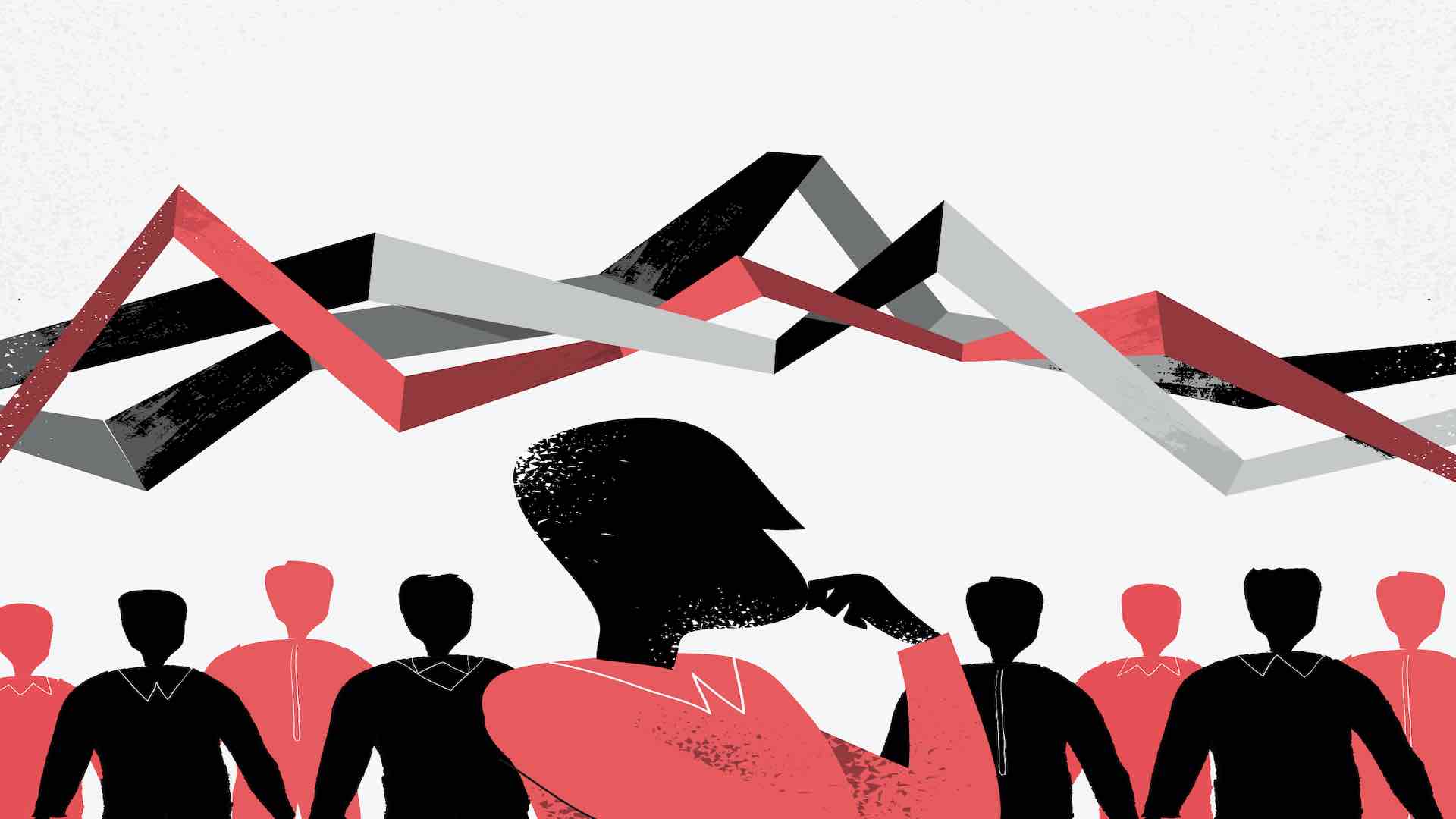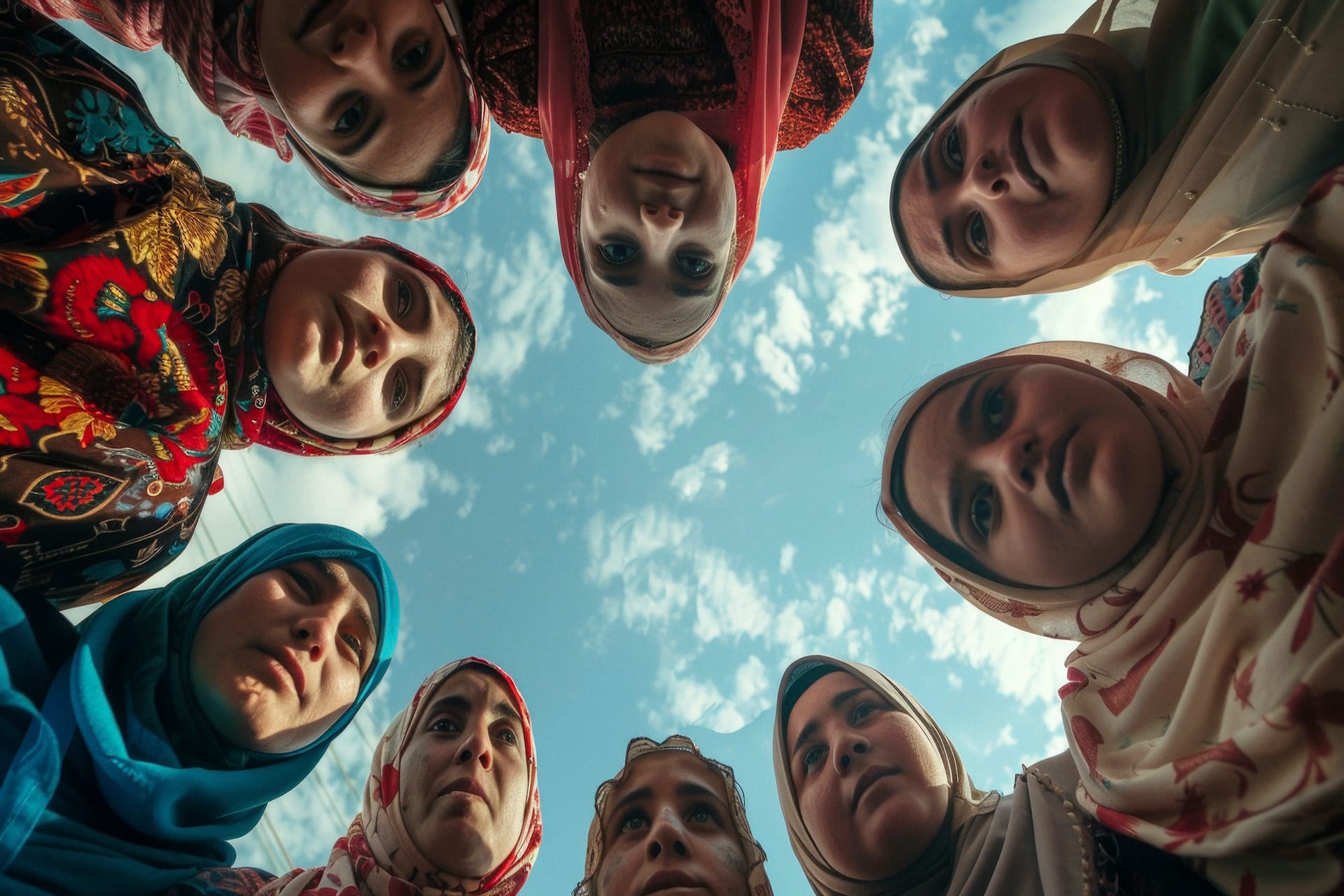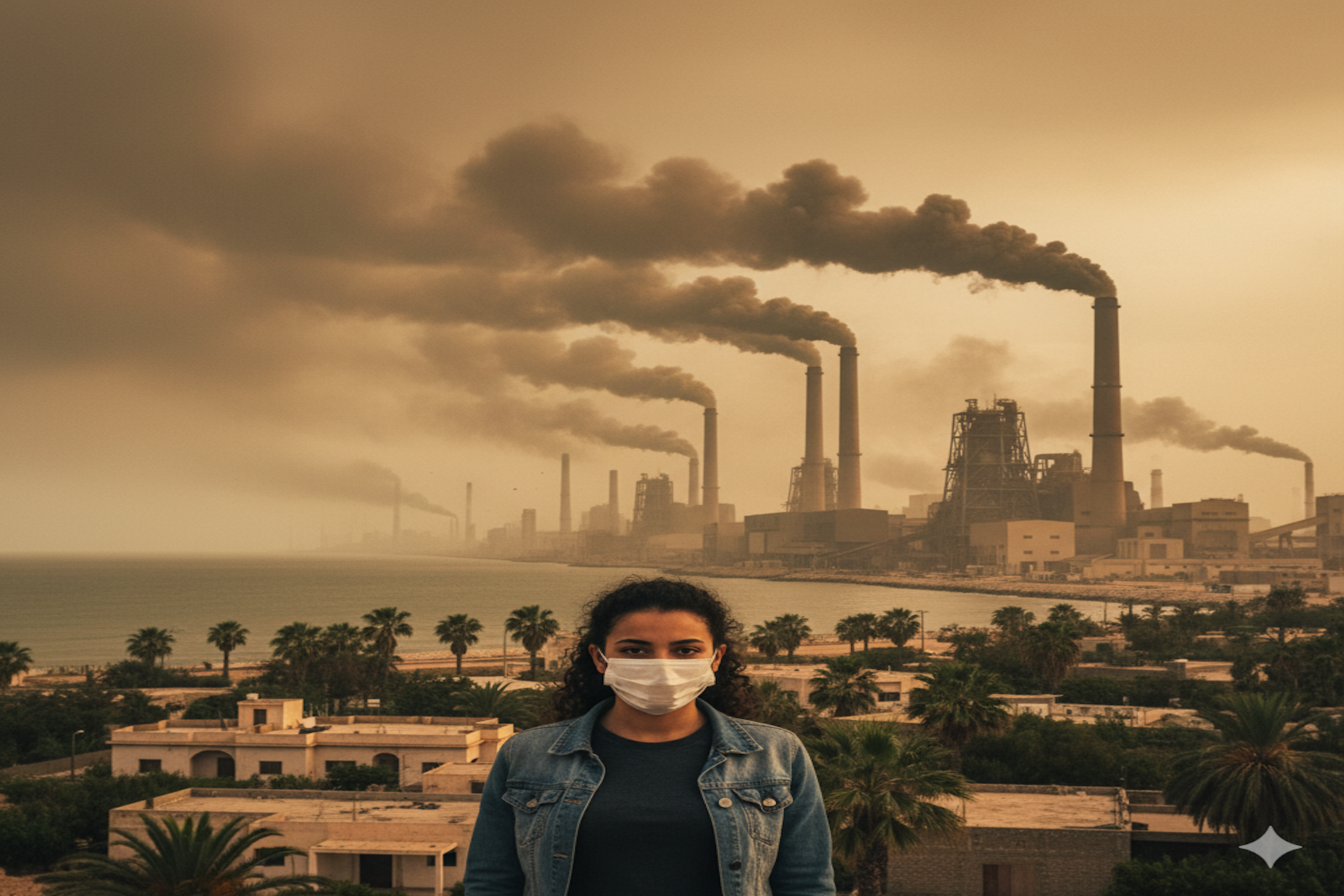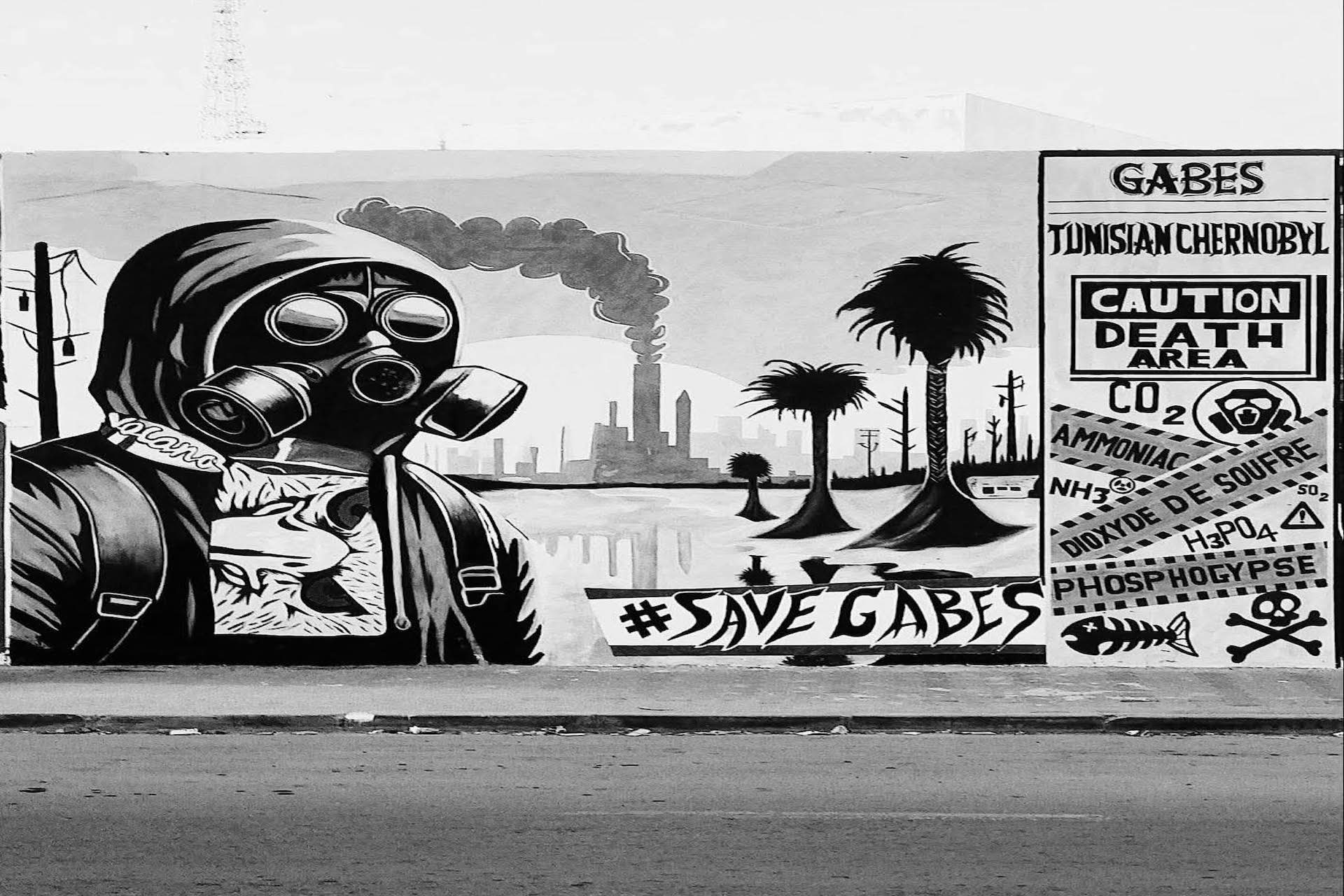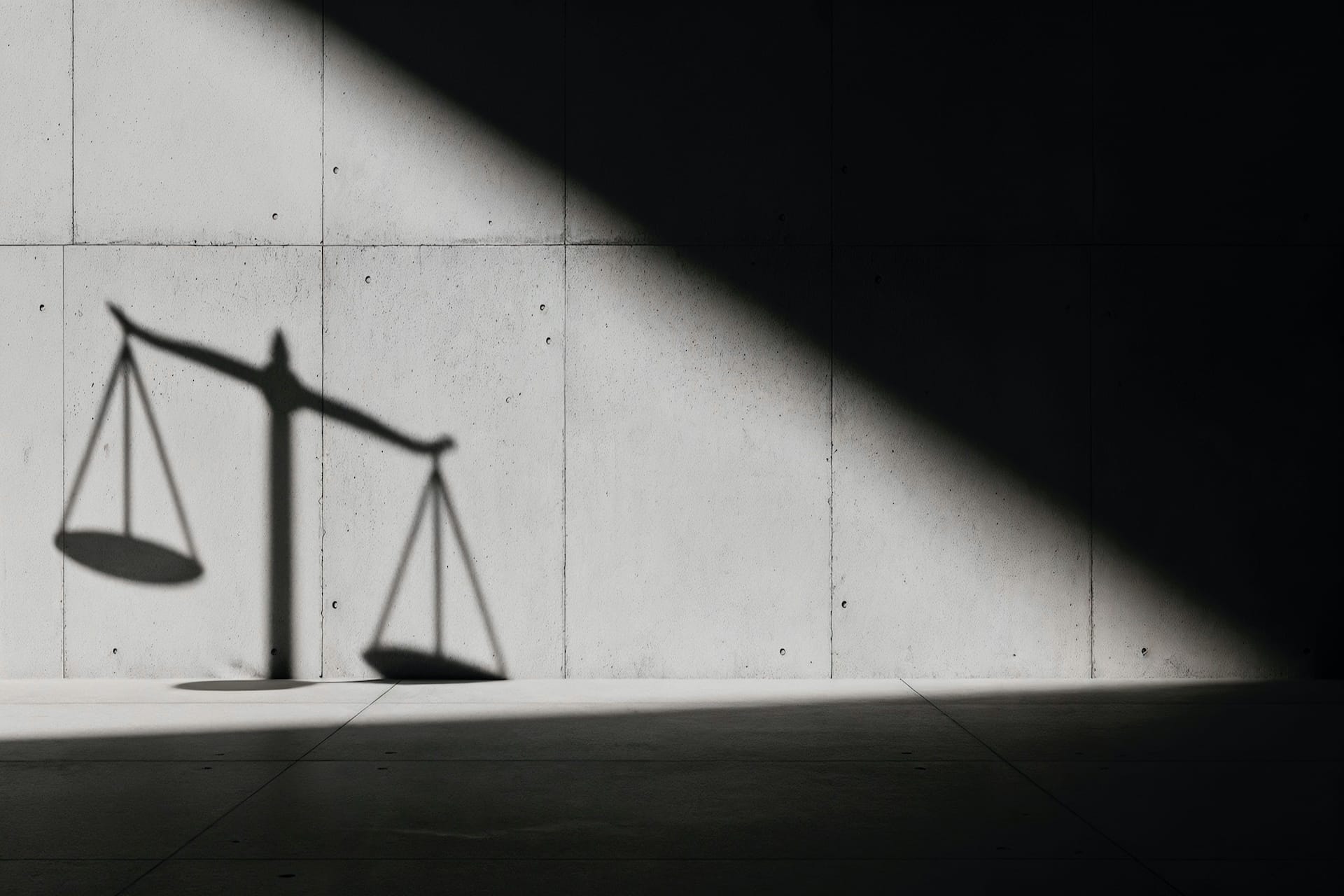Can influencer profits be transformed into a legitimate driver of Tunisia’s economy—or will scandals, tax evasion, and cultural disputes continue unchecked?
Introduction: TikTok at the Crossroads of Tunisia’s Future
By 2025, TikTok has become the most influential platform for Tunisia’s youth. With more than half of the population active on social media, TikTok is not only shaping entertainment but also political debates, cultural trends, and even economic livelihoods.
Yet, the app raises critical questions:
- Does TikTok truly contribute to Tunisia’s economy?
- How much money flows untaxed through influencers abroad?
- Can Tunisia integrate TikTok into its AI-driven 2026–2030 development plan?
This article examines TikTok’s potential, the scandals that threaten its legitimacy, and the urgent need for regulation to harness the digital economy responsibly.
The Economic Potential of TikTok in Tunisia
A New Digital Workforce
TikTok has created a new category of micro-entrepreneurs: content creators who generate income through:
- Sponsored ads and brand partnerships
- Livestream gifts and digital tips
- Cross-platform audience monetization
- International collaborations
For many young Tunisians, TikTok is the only accessible gateway to digital income. Some influencers report earning €5,000–€20,000 per month, especially those streaming from Austria, France, Qatar, or Italy.
A Missed Tax Opportunity
But here lies the paradox: while Tunisian creators thrive, the state captures almost none of this revenue. The lack of regulation means these profits often remain offshore, untaxed, and unreported, depriving the economy of much-needed resources.
👉 How can Tunisia allow such a significant digital economy to operate without transparency?
Scandals and Cultural Controversies
The Flag Incident
In 2023, outrage erupted when a Tunisian influencer was filmed tearing the national flag during a TikTok live. The act, staged as part of a challenge with a Moroccan streamer, triggered a wave of condemnation.
For many, this was not just a prank—it was a symbolic assault on national dignity, amplified by TikTok’s viral algorithms.
Reddit Voices: Calls for a Ban
On Reddit Tunisia, anger was palpable:
- “TikTok should be banned permanently in Tunisia and North Africa.”
- “It’s not just about entertainment—it’s about fraud and propaganda.”
Public frustration illustrates a growing disconnect: while some profit from TikTok, others see it as a threat to cultural values and national security.
Cultural Appropriation or Appreciation?
A separate Reddit debate highlighted another sensitive issue: a foreign dancer performing Tunisian traditional dance on TikTok.
- Some celebrated it as cultural appreciation: “Cultures exist to be shared, as long as it’s not disrespectful.”
- Others denounced it as cultural appropriation, especially since the dancer profited without benefiting Tunisian artists.
This raises a crucial question:
👉 Should Tunisia develop legal frameworks to protect its cultural heritage from exploitation on global platforms?
Risks: Fraud, Tax Evasion, and Laundering
Expert Warnings
Professor Wael Al-Haddad recently warned that TikTok influencers receiving funds from unidentified sources are exposed to money laundering risks. Anonymous donations, cryptocurrency transactions, and offshore bank transfers make oversight nearly impossible.
A Digital Black Hole
Without regulation, TikTok creates a digital black hole where:
- Large sums flow abroad without taxation.
- Fraudulent practices (fake followers, scam challenges) thrive.
- Transparency is nearly nonexistent.
This situation erodes both public trust and state revenues.
Global Lessons in Influencer Regulation
Tunisia is not alone in facing this challenge. Other countries have already taken action:
- France: Requires influencers to disclose sponsored content and comply with consumer protection laws.
- Italy: Tax authorities launched investigations into hidden influencer earnings.
- Qatar: Announced stricter monitoring of online income for foreign workers.
👉 If Tunisia wants to protect its economy, why not learn from these models?
Can TikTok Be Aligned With Tunisia’s AI-Driven Future?
The 2026–2030 Digital Plan
According to We Are Tech Africa, Tunisia’s next development plan will rely heavily on AI and digital transformation. Goals include:
- Supporting SMEs
- Expanding renewable energy
- Enhancing healthcare with AI tools
- Reforming public services through digital efficiency
The Missing Link: Social Media Economy
If Tunisia can integrate the creator economy into this plan, TikTok could transform from a regulatory headache into a legitimate economic pillar.
Imagine:
- Taxable influencer income as a new revenue stream.
- Cultural promotion supported by official frameworks.
- AI monitoring tools to track fraud and ensure transparency.
Policy Recommendations: From Chaos to Contribution
To transform TikTok into a force for good, Tunisia should:
- Create a Digital Influencer Registry
Require influencers earning above a threshold to register with the Ministry of Finance. - Tax Foreign Earnings
Establish agreements with France, Austria, Qatar, and others to ensure Tunisian influencers abroad pay fair taxes. - Protect Cultural Heritage
Develop intellectual property frameworks for traditional dances, music, and attire used on TikTok. - Deploy AI for Monitoring
Use AI to track suspicious transactions, aligning with the 2026–2030 plan. - Public Education Campaigns
Raise awareness among creators about their legal obligations and opportunities for compliance.
Call to Action: Questions for the Government
- Will Tunisia allow millions of euros to flow untaxed through TikTok?
- Can the Ministry of Finance create a framework to regulate influencer income?
- Should cultural ministries protect heritage from global exploitation?
- Is TikTok a danger to national security—or an untapped economic ally?
👉 We call on Tunisian authorities to act now. Regulation is not censorship—it is the only way to transform TikTok into a contributor rather than a parasite on the national economy.
Conclusion: Economy Unleashed or Fraud Unchecked?
TikTok in Tunisia embodies a paradox. It is a vehicle of creativity, income, and global visibility, but also a source of scandal, fraud, and cultural disputes.
If left unchecked, it risks undermining Tunisia’s economy and cultural integrity. But if integrated into the 2026–2030 AI plan, TikTok could become a cornerstone of the digital future.
The choice is clear: Tunisia must regulate, innovate, and turn TikTok into a driver of national progress—before it becomes a symbol of lost opportunity.
📌 Suggested Link:
👉 TikTok Monetization in Tunisia: Risks & Opportunities




